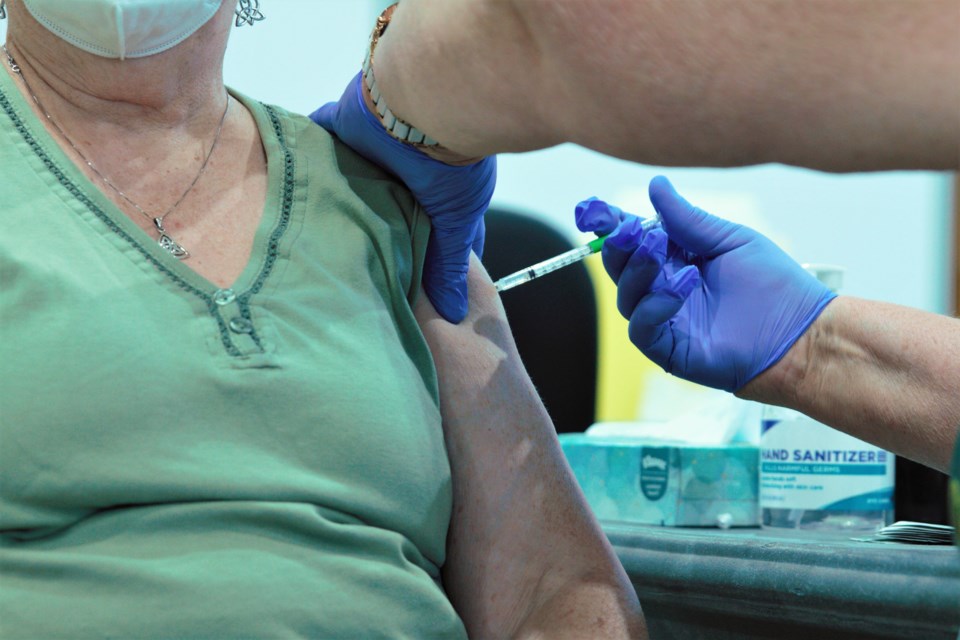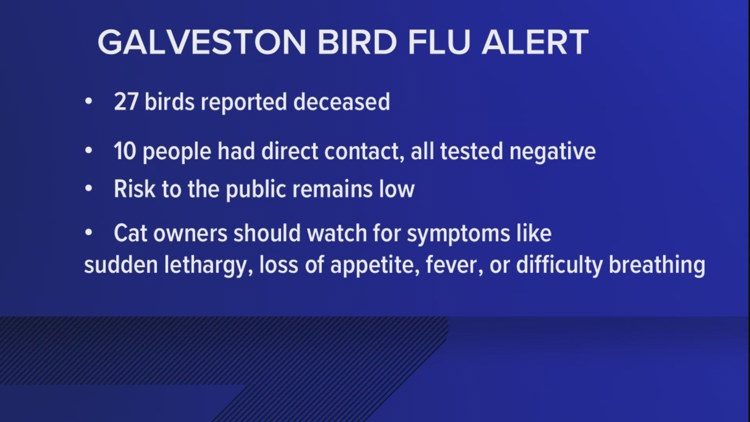As the football season ramps up, concerns about the potential for addiction related to casual sports betting are intensifying. Mental health experts are highlighting the risks associated with this growing trend, pointing out that what may begin as a casual pastime can develop into a serious addiction.
Nicole Davidson-Harshaw, a licensed mental health counselor, states that the ease of access to sports betting apps like FanDuel and DraftKings contributes significantly to this risk. “It really can lead to a gradual moment of I don’t have to pull away because it is so easily available,” she explained. This sentiment reflects a wider apprehension as attitudes towards sports betting are shifting across the United States.
Recent data from Pew Research indicates a notable increase in skepticism towards legal sports betting, particularly among younger demographics. Among men under 30, the percentage viewing sports betting as detrimental to society surged from 22% in 2022 to 47% in 2025. Similarly, the perspective among women in the same age bracket has also shifted, rising from 25% to 35% over the past three years.
Davidson-Harshaw emphasizes the broader implications of addiction. “Hygiene, social skills, eating habits, all of those things tend to take a back seat because of the addictive behavior,” she noted. The transition from leisure activity to compulsive behavior can significantly impact an individual’s quality of life.
While sports betting remains legal in states like Florida, experts urge a commitment to responsible gambling practices. Davidson-Harshaw recommends implementing a structured approach to betting. “Be honest with yourself,” she advised. “Maybe even schedule hours when you will do the sports betting, so that is actually a scheduled activity and not simply taking control of you.”
Recognizing personal limits is crucial to preventing gambling from shifting from a form of entertainment to an addiction. Experts stress the importance of self-awareness and moderation in gambling activities.
As the sports betting landscape continues to evolve, ongoing discussions about its regulation and the potential for addiction will likely remain a focal point for both mental health professionals and policymakers. The call for responsible gambling practices becomes increasingly vital amidst the rapid growth of this industry.







